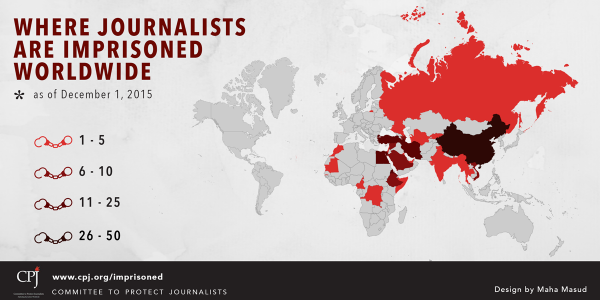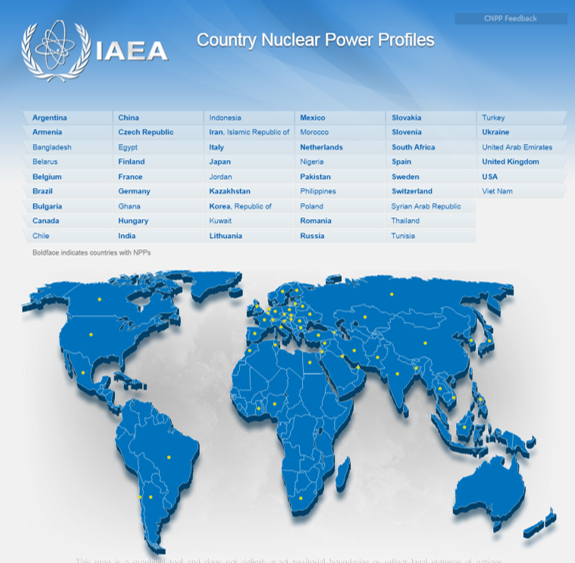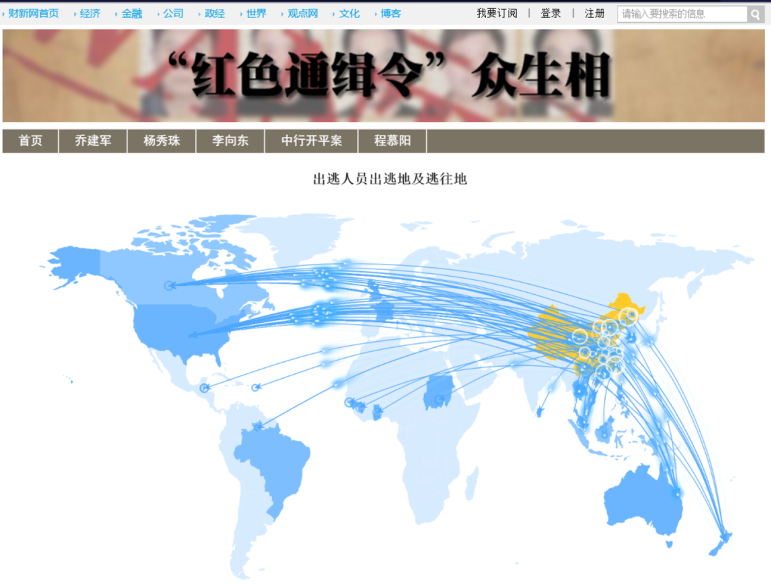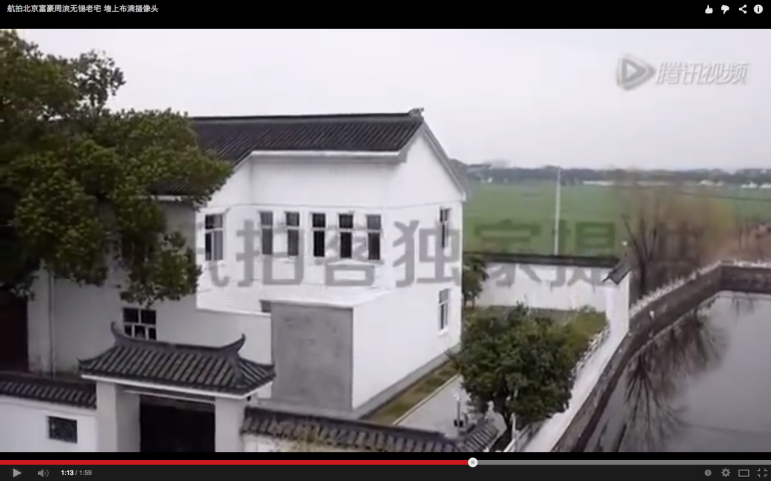
News & Analysis
China’s Environmental Journalists Shine Despite Dark Times
Over 100 outstanding Chinese journalists have received prizes in the six years that our awards have been handed out. During this time we have seen for ourselves the decline of the news industry – but also seen many fine journalists bucking that trend by carrying on the baton of journalistic ideals and professionalism. Journalism has never been an easy job, and those who possess the ideals and the strength of character of a good journalist will flourish even in the hard times.







